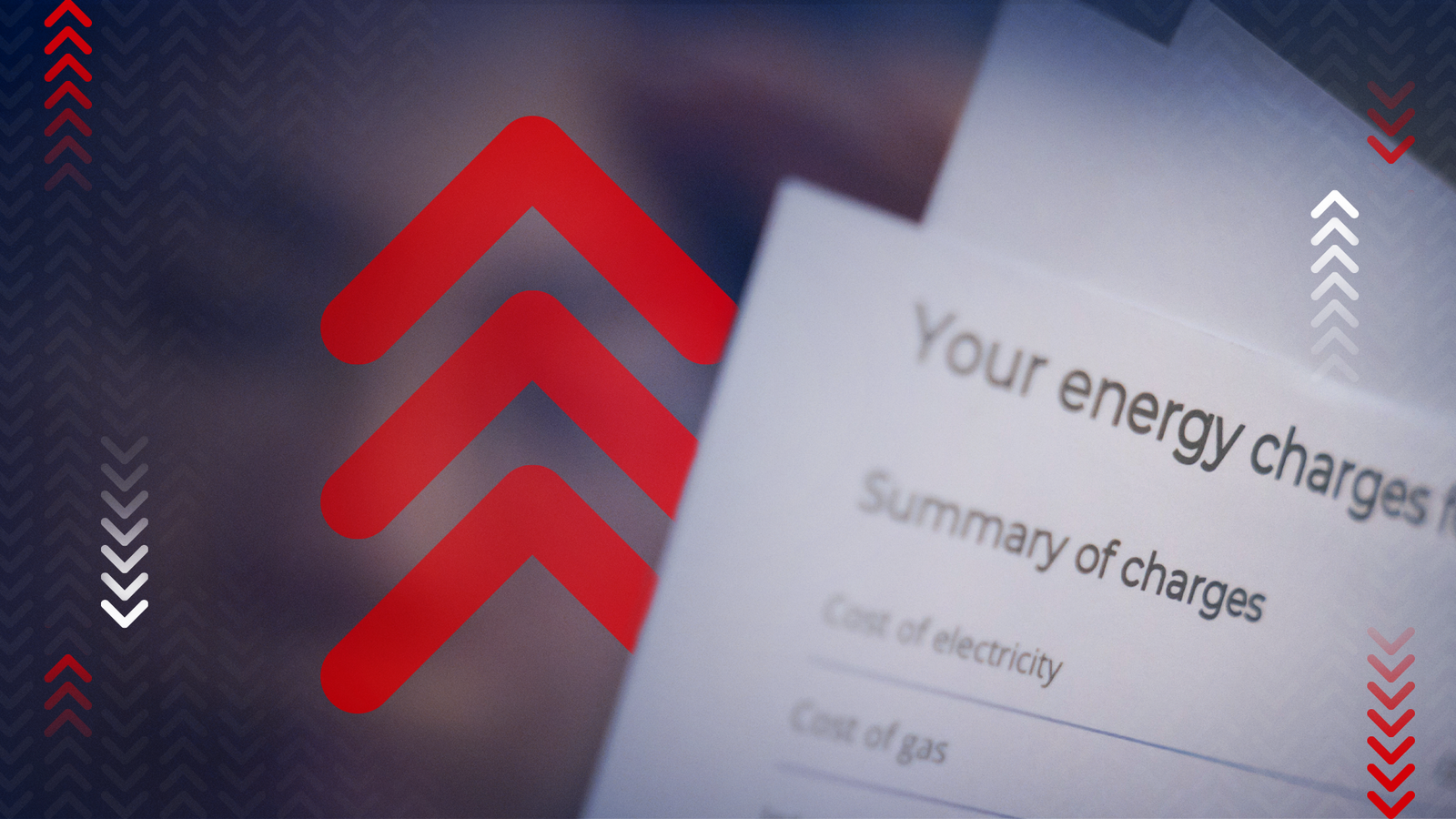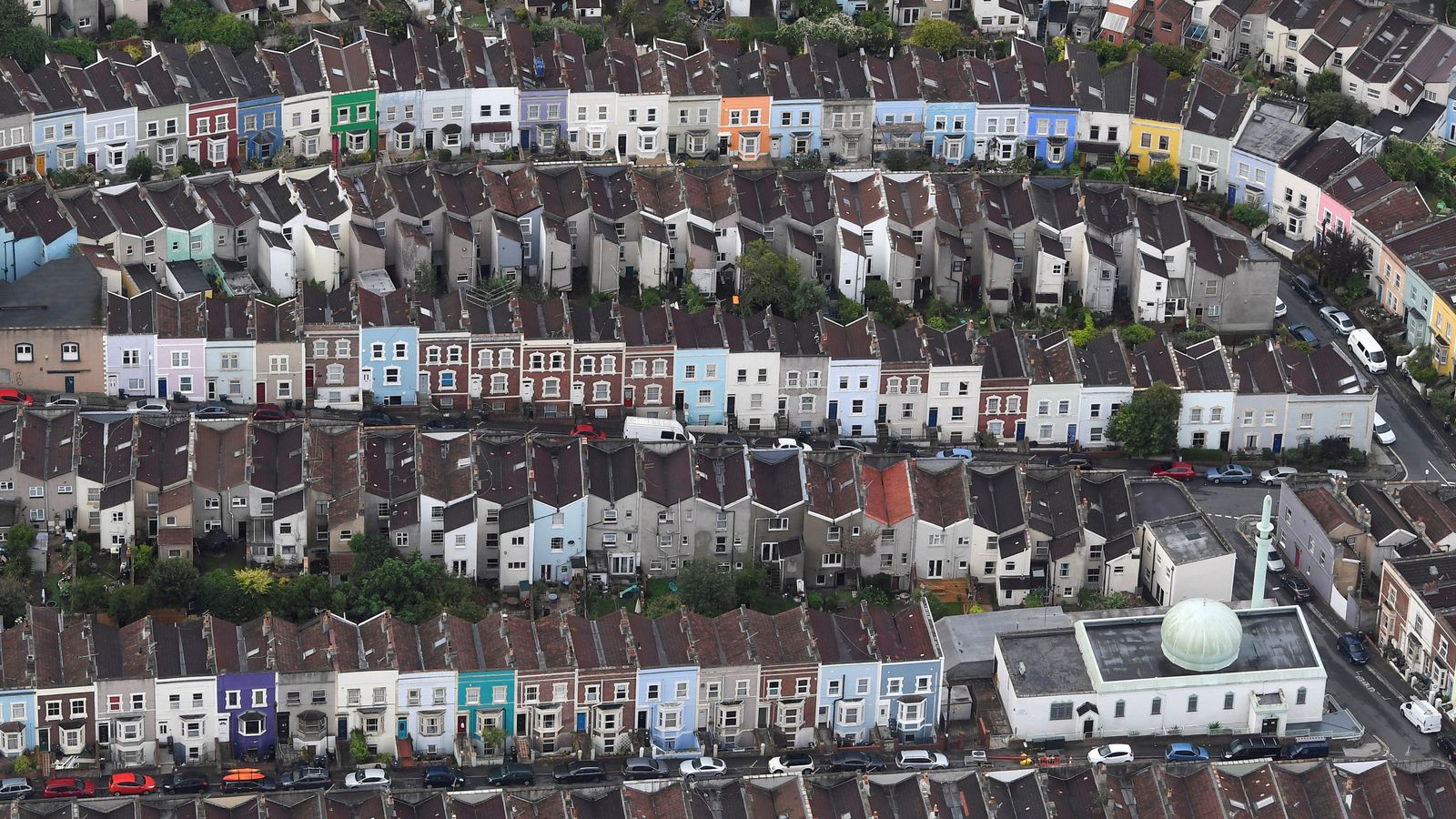Boris Johnson has confirmed that England’s so-called “Freedom Day” – initially planned for 21 June – is likely to go ahead on Monday 19 July.
But he also said the final decision on whether to proceed will be taken next Monday.
Earlier, Boris Johnson‘s official spokesman said the government retains the “ability to introduce further measures if they are deemed necessary”.
But he added that things are likely to change in “one go”, and that a “piecemeal approach” is not wanted.
So what will change?
Face coverings
Masks will become voluntary in all settings, including shops, hospitality and public transport. People will be told to exercise their personal judgement.
While the legal requirement to cover your face will be lifted, people are advised that wearing a mask can reduce the risk to themselves and to others – in a crowded space, for example.
Asked whether masks would remain obligatory within healthcare, the prime minister’s spokesman said all legislation on masks was being repealed.
The PM himself told a Downing Street news briefing: “Guidance will suggest where you might choose to do so – especially when cases are rising and where you come into contact with people you don’t usually meet in enclosed spaces, such as obviously crowded public transport.”
A spokesperson for Sadiq Khan said the London mayor and the head of Transport for London wanted central government to “retain the requirement for face coverings on public transport”.
Mayor of Greater Manchester Andy Burnham tweeted that dropping masks risks “causing real problems for some people who are dependent on it”.
He added: “Those more vulnerable to infection or anxious about it will be put in a very unfair position. Rethink needed?”
Social distancing/hospitality
All businesses that remain closed – including nightclubs – will be able to reopen, with no caps on capacity.
Mass events, such as music festivals, can restart. Singing in church will be allowed, and there will be no limit on the number of people at weddings and funerals.
Customers in pubs will be able to walk to the bar and be served there.
There will be no requirement to scan a QR code when entering a restaurant, gym or any other venue.
Nor will businesses be required to collect customers’ contact tracing details, although they may choose to do so if they wish.
Supporting Test and Trace is a “good thing”, Downing Street said, and the NHS app will still be used.
The “one-metre plus” rule on social distancing will be lifted except in specific circumstances such as at a border, where people from red and amber list countries will still be stopped from mingling with each other.
Regarding entertaining at home, house parties will no longer be outlawed.
Self-isolation
A requirement to self-isolate after testing positive or after coming into contact with an infected person will remain in place.
But the prime minister wants contacts who are fully vaccinated to be exempt and further details are to be set out.
Local directors of public health will be able to respond to serious threats in their areas.
Care homes
At present, residents are limited to five named visitors. That limit will be dropped.
But there will be a limit on the number of visits per day, and infection control measures will remain in place.
Working from home
The requirement for people to work from home if possible will be dropped.
Asked if there would be a legal right not to go to work, if someone is concerned about their health, the prime minister’s spokesman said the government was not introducing any new employment rights.
Quarantine-free travel and school isolation
These will be dealt with later this week.
Transport Secretary Grant Shapps will talk about plans to remove the need for fully vaccinated arrivals from amber list countries to isolate.
Education Secretary Gavin Williamson will discuss the school bubble system, amid concern about damage to children’s education.


